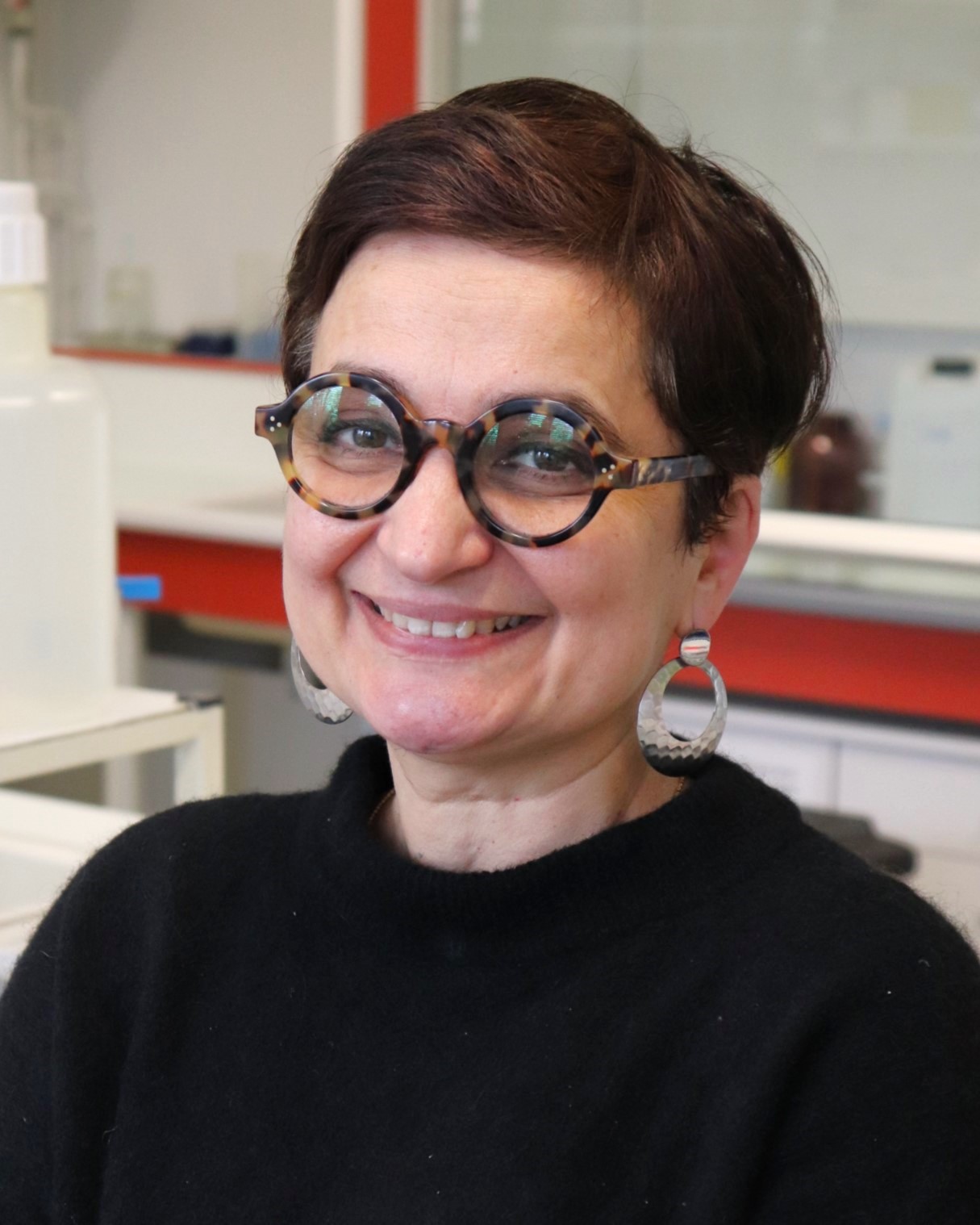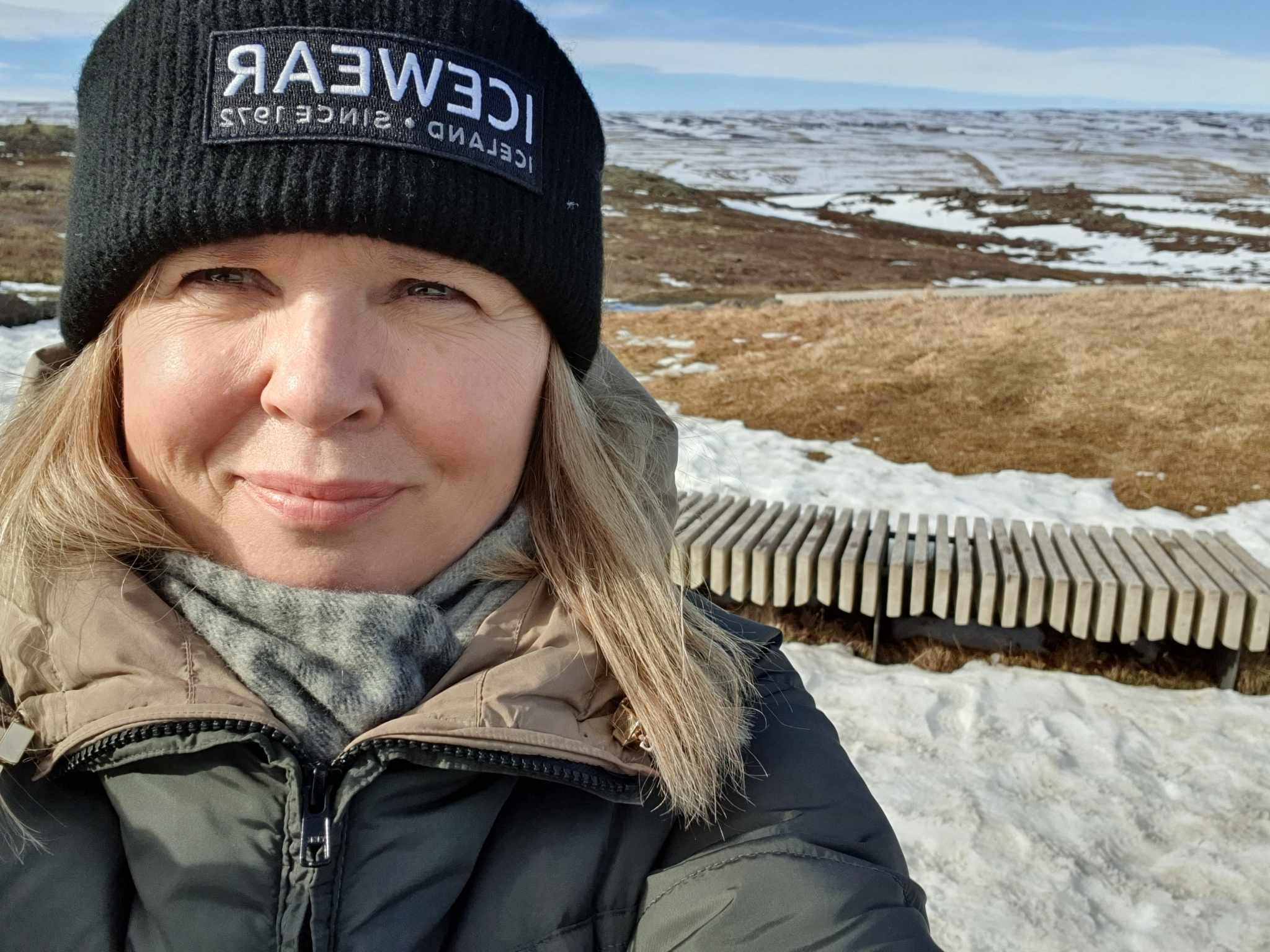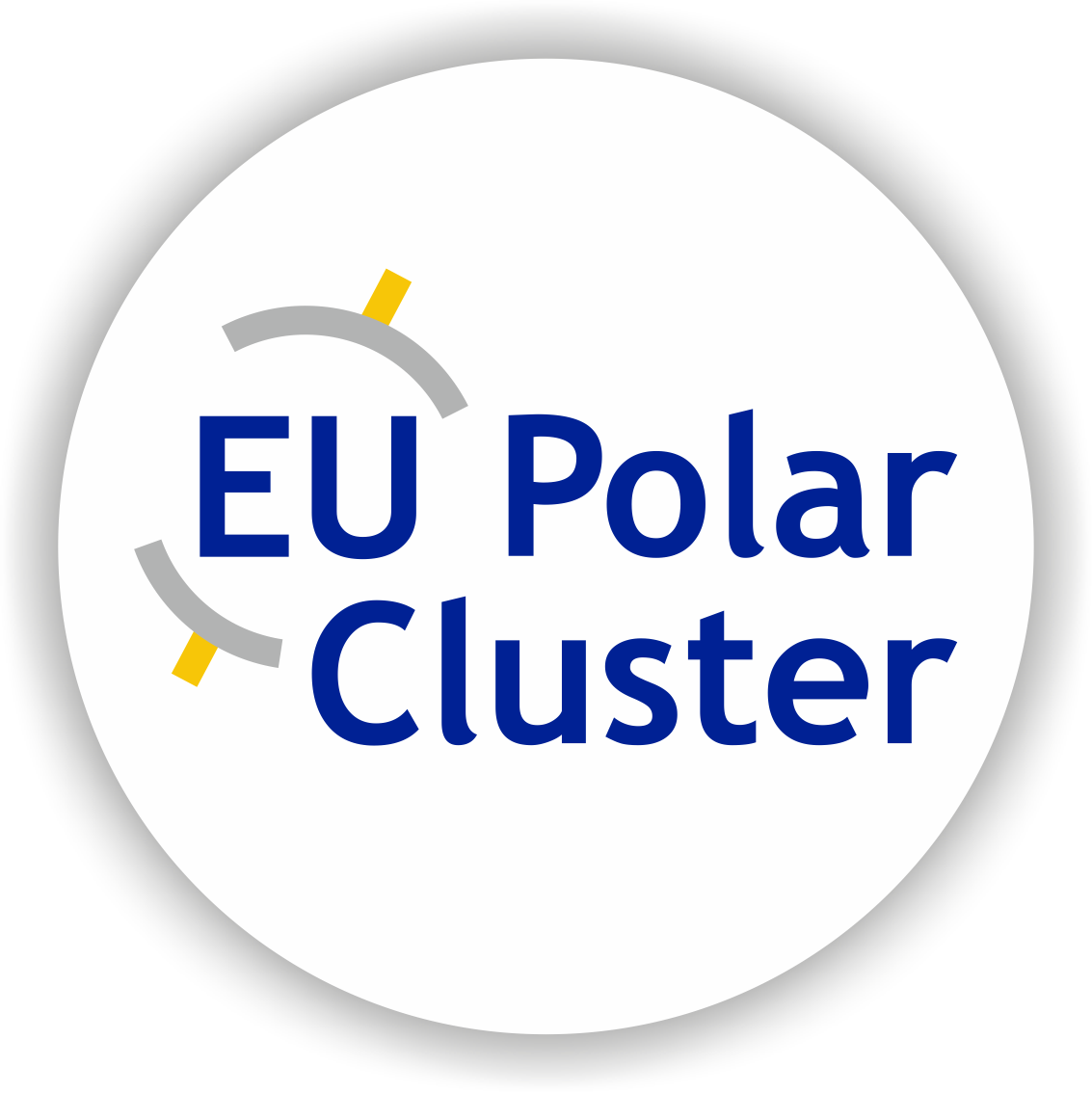We hope the progress made in the ICEBERG project, with its interdisciplinary approach between the natural sciences and the humanities and social sciences, will provide insights that will feed into the global treaty on plastics that is currently being negotiated. We hope to learn more about human health, especially the health of Indigenous People women, children and adolescents, which is clearly a priority area for the treaty and beyond, and to develop opportunities for research and Citizen Science activities which will help highlight the critical impacts and risks to communities of global and environmental change.
Our interdisciplinary approach is important because of the big and complex questions we focus on and their cross-sectoral and wide scope. This approach enables us to gain a more holistic overview and will ultimately make it possible to reach a broader audience and hopefully contribute to a larger societal impact.
The complexity of issues and challenges in the Arctic calls for interdisciplinary work. It helps us produce science that provides a more holistic and accurate picture of reality, and that enables us to work towards finding answers to the many of the more complex questions facing the Arctic today. This includes the socio-economic and health related impacts of global and environmental change.
Stay tuned for more updates
To stay tuned on ICEBERG, follow us on social media and subscribe to our newsletter to get the updates to your own email.
Read also the other previous ICEBERG people introductions:
Find ICEBERG on:





